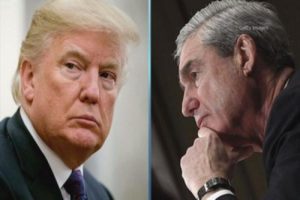An essential element of the impeachment and Senate trial of Donald John Trump, the current president of the United States, is being pushed toward the back of the proverbial shelf.
I refer to election security. Specifically, the security of our sacred rite of citizenship against foreign interference.
You know the story. Russia attacked our electoral system in 2016, the same day that Donald Trump invited the Russians to look for the “missing emails” produced by former Secretary of State Hillary Rodham Clinton, who was Trump’s presidential campaign foe that year.
Then the president, immediately after Robert Mueller III released his findings into a two-year-long investigation into the Russia hack and interference, placed a phone call to Ukrainian President Volodyrmyr Zellenskiy. He asked Zellenskiy for a “favor,” which was to launch an investigation into Joe Biden, a potential foe for Trump in 2020. Yes, the president asked a foreign government for political help. He wants to “cheat” his way to re-election.
How in the name of cybersecurity can we stand by and let this happen?
I am acutely aware that government cyber geeks are hard at work trying to provide fool-proof locks against this kind of intrusion. What troubles me in the extreme is that the individuals at the highest levels of our government are stone-cold silent on this matter.
Donald Trump, the intended beneficiary of the 2016 Russian election attack, continues to dismiss the interference. He disparages intelligence analyses that says, “Yes, the Russians did it!” He calls that phone call to Zellenskiy “perfect.”
It was “perfect” only insofar as he delivered a clearly defined message to a foreign head of state. He wanted a “favor” and asked that government to attack our electoral system — again!
What measures are we taking to protect our election system throughout its massive network?





